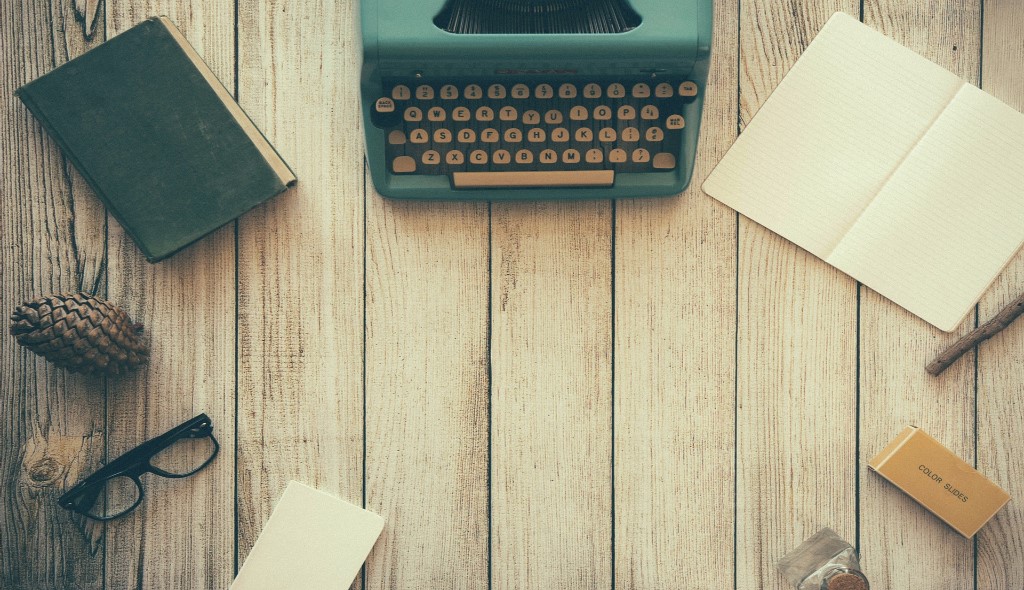As with so many of my articles, this one is inspired by one of my students. More specifically, a grade 10-1 English student. And as with so many of my students who struggle to write essays, this one has fantastic ideas that are somewhat throttled by a lack of writing experience and a general sense of impatience. I can honestly understand both; however, when it comes to writing, especially writing a personal response to literature, it’s all about the prep. What you do before writing your response will ultimately make or break your essay, so it’s important to set aside your impatience and focus on the building blocks of writing a personal response. Here’s what I mean.
First, you need to understand the question before you even read the literature.
That’s right. The first thing you need to do is read the question. Carefully. My personal suggestion is to underline any keywords in the question. This is not just some cute trick to increase your comprehension of the question; these keywords need to be used repeatedly throughout your essay. Ultimately, you are highlighting essential vocabulary that you need to adopt in your response. You may look at sample topics in the electronic document, 2012 ELA 30-1 Diploma practice. See if you can pick out the key words in one of the provided prompts. Take a minute and do so.
So, what did you get? Common prompts are ambition, life decisions, and adversity. You should be looking for key words similar to the ones above. Once you’ve found it, you are ready to move on to reading the literature, but please note that some prompts are expository in nature, where you need to explain the contents of a piece of literature. Others are argumentative and require a strong opinion on a given topic. Read your prompt carefully, because it can change the outcome of your essay in a big way.
Next, you need to read the literature.
Now that you’ve read and understand the question, you are ready to tackle the literature, be it poem, prose, or drama. Never, ever read the literature first and then read the question, simply because reading the question allows you to first comb through the literature, looking for specific examples of the key words you found in the question. See how that works? Two birds, one stone.
Take your time when reading the literature. The examples you find here will help you form your ideas later on. You should be actively seeking to find the poet/author/writer’s opinion. Basically, ask yourself, “What is this writer trying to teach me?” The selections of literature in personal responses are tailored to the prompt, so have no worries that the prompt and the literature are unrelated; they most certainly are.
Find a main idea, a unifying thought related to your prompt that is founded in the literature
Here, you want to find the author’s message and tie it to your prompt. However, you can be fairly certain that the author’s message is one of these three threads: The author is completely against the idea in the prompt, the author is on the fence about the idea in the prompt, or the author is completely supportive of the idea in the prompt. Here’s an example of a main idea: The literature presents a commentary on the dangers of ambition. Here’s another: The poem advocates ambition as a tool for self-improvement and success. Or, here’s one more; a fence sitter: The short story warns that untempered ambition can be a danger to one’s self and others; however, if tempered, ambition can be a tool for the good of society. Do you see how they change? And it’s not your opinion, here. It’s the author’s.
Finally, you need to brainstorm your body paragraphs.
So this is the last stage of your prep, and it’s a really valuable thing to spend time doing. If you don’t spend time brainstorming your body paragraphs, they’re going to be a mess. Remember that with any body paragraph, you need 2 things: A topic sentence and supporting details. Your topic sentence always—always!—goes at the beginning of the sentence (OK, so this can actually change, but for you, writing an essay in an hour or less, just put it at the beginning and you’ll never go wrong). It should contain your topic, ambition, decisions, adversity, etc., here, and a controlling idea, one that is supported by the literature. Ensure that you generate these controlling ideas before beginning your essay. If you like, you may write the examples you found from the text along with the personal experience to which you are connecting the idea. Easy peasy.
The traditional order of a personal response paragraph is pretty stock-standard. Here’s the run-down: Start with your topic sentence, give the example from the literature (you can give the line number, the title of the piece, the author, etc.), and then connect the literature to an anecdote. The anecdote doesn’t have to be true, just make it believable. No one is checking facebook; don’t worry. Finally, end your paragraph with a button, a little gem of wisdom that you gleaned from the literature or your experience. There is some play in this organization, but not much. Mess around too much with it, and you’re sure to run into trouble.
So there you have it, all stages of prepping for a personal response to literature. If you are like my student and struggle with impatience, relax, have a coffee, and take the time to write two essays: one without any prep and one with prep as I have outlined, here. See which one is better. So remember, understand your question and prompt, read the literature and look for examples of keywords from the prompt in the literature. Generate a main idea and then brainstorm your body paragraphs. There is a lot to a personal response, so please be sure to organize yourself throughout.

